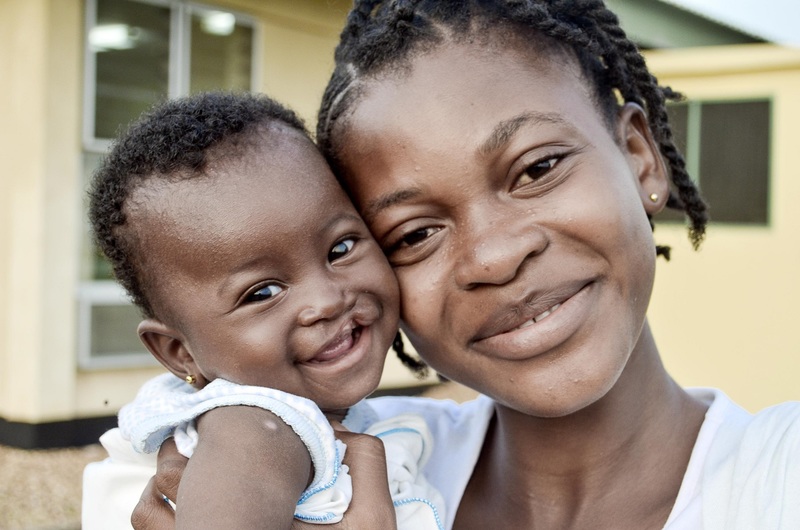R2m partnership to strengthen capacity in cleft surgery for sub-Saharan Africa
11 April 2023 | Story Ridovhona Mbulaheni. Photo Supplied. Voice Cwenga Koyana. Read time 4 min.
Across sub-Saharan Africa, it is estimated that 900 000 children and adults with clefts lack access to safe surgery, according to the global non-profit organisation Operation Smile, which has signed a two-year partnership with the University of Cape Town’s (UCT) Global Surgery Division aimed at strengthening the surgical workforce and research capacity in the region, with a particular focus on cleft lip and palate.
About 4.6 million people in the world live with an unrepaired or inadequately repaired cleft, according to a 2022 study by the Institute for Health Metrics and Evaluation at the University of Washington in the USA. These individuals are at risk of malnutrition, death from malnutrition, speech and language difficulties, and bullying and ostracisation.
As part of the R2 million partnership, UCT will train paediatric anaesthesia fellows at the Red Cross War Memorial Children’s Hospital, sponsor postgraduate degree scholarships, offer surgical leadership and clinical courses advancing excellence in surgical and perioperative cleft care and provide leadership training in global surgery. The result of international partnerships that redistribute excellent medical education is the provision of high-quality cleft care closer to patients, making it more accessible within their communities, leading to more culturally appropriate care.
Valuable partnerships
Professor Salome Maswime, the head of UCT’s Global Surgery Division, said congenital abnormalities are largely missed during antenatal care, and babies born with conditions requiring surgery are not able to have surgery at birth or even within the first year of life because of the shortage of specialists and specialised services in many African countries. The opportunity to partner in training clinical and research fellows with Operation Smile, said Maswime, will ensure that more babies are reached and treated for a cleft in our communities.
“We are excited to partner with Operation Smile to improve the safe delivery of perioperative care to children in sub-Saharan Africa.”
“We are excited to partner with Operation Smile to improve the safe delivery of perioperative care to children in sub-Saharan Africa through their investment in two fellowships providing advanced training in paediatric anaesthesia,” said Dr Rebecca Gray, paediatric anaesthetist at the Red Cross War Memorial Children’s Hospital.
“At the Red Cross War Memorial Children’s Hospital, we know our training is world-class, and our patients represent the range of challenges faced by surgeons and anaesthetists across the continent. The positive effect of hosting postgraduate fellows from other countries and provinces is felt both ways as we work together to find solutions to the clinical and systemic challenges we face in the paediatric surgical ecosystem in Africa. The commitment to training a South African fellow is particularly exciting and acknowledges a gap that can be filled using our resources, with the research component of the fellowship holding the important possibility of growing the research into this vulnerable population group.”
Dr Elizabeth Cote, the vice-president of Global Medical Education, said the partnership represented the best strategy available to prevent suffering and deaths caused by cleft conditions around the world. Cote added that investing in the continued medical education of healthcare professionals in universities and peripheral hospital settings in low- and middle-income countries created a larger and more highly skilled global health workforce where it was most critically needed.
 This work is licensed under a Creative Commons Attribution-NoDerivatives 4.0 International License.
This work is licensed under a Creative Commons Attribution-NoDerivatives 4.0 International License.
Please view the republishing articles page for more information.










